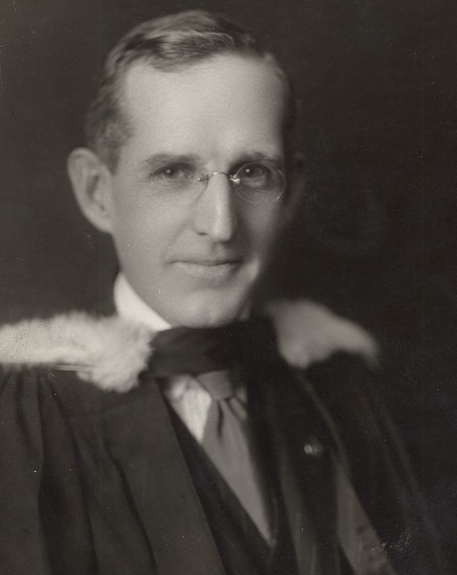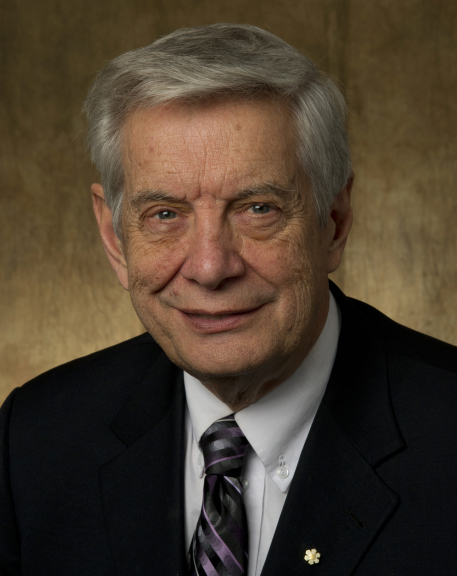1994 INDUCTEE Jacques Genest, MD Leadership in Organizational Development, Hormones, Genitourinary Tract
May 29, 1919
(Montréal, Québec)
January 5, 2018
MD, University of Montreal (1942)
2016: Commander of the Ordre de Montréal
2003: Distinguished Scientist Award, American Heart Association
See All AwardsAwards & Honours:
2016: Commander of the Ordre de Montréal
2003: Distinguished Scientist Award, American Heart Association
2000: Laureate of the Academy of Great Montrealers
1996: Prix Armand-Frappier, Government of Quebec
1991: Grand Officer of the Ordre national du Québec
1986: Killam Memorial Award Prize
1980: Royal Bank of Canada Award
1978: Loyola Medal by Concordia University
1969: The Stouffer Prize, American Heart Association
1968: Flavelle Medal, Royal Society of Canada
1967: Companion of the Order of Canada
1963: Canada Gairdner International Award
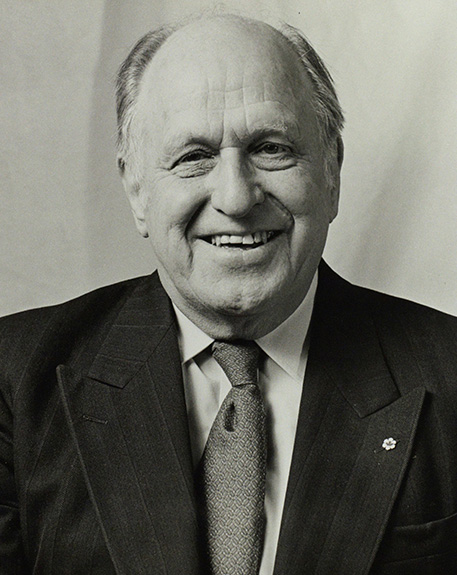
Advanced our understanding and treatment of hypertension
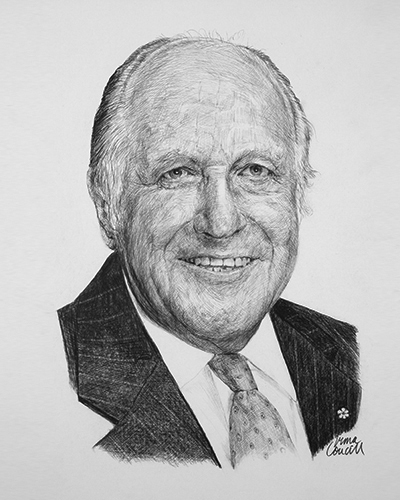
A pathfinder and builder of medical research
Heralded as one of the giants of 20th century medicine, the name Jacques Genest has become synonymous with pioneering advances in clinical research and the study of atrial hypertension. His research team’s exploration of the roles of the adrenal gland and kidney advanced our understanding of the causes and management of hypertension. His most significant clinical contribution was the treatment of hypertension by multiple medications, altering the natural course so that a disease once fatal, became manageable.
Key Facts
Established the connection between sodium and high blood pressure
Authored over 700 articles and four books
Created the first department of biomedical research based in a Quebec francophone hospital
Became an internationally recognized authority on the social and ethical aspects of medicine
Recognized with various accolades and awards, including twelve honorary degrees
Professional timeline
Impact on lives today
Between 2012-2015, one in four Canadians were affected by hypertension. Due to the work of Dr. Genest, scientists and clinicians have a better understanding of the condition and effective means of treatment. The legacy of Dr. Genest, however, extends far beyond one field. The IRCM recently celebrated its 50th year as a world-renowned research institute. With a mission to understand, prevent and treat disease, IRCM continues to make major scientific contributions to many fields and sees over 10,000 patients each year.
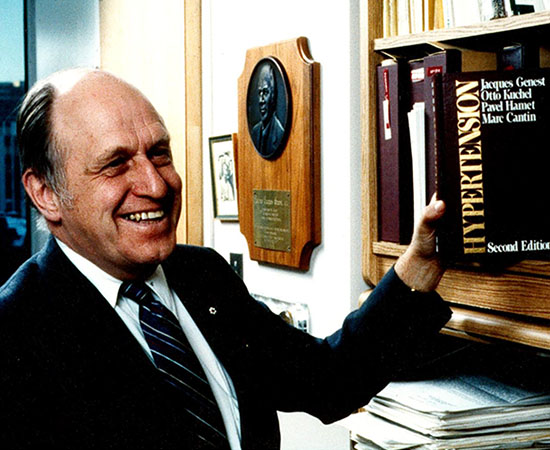
1994
-
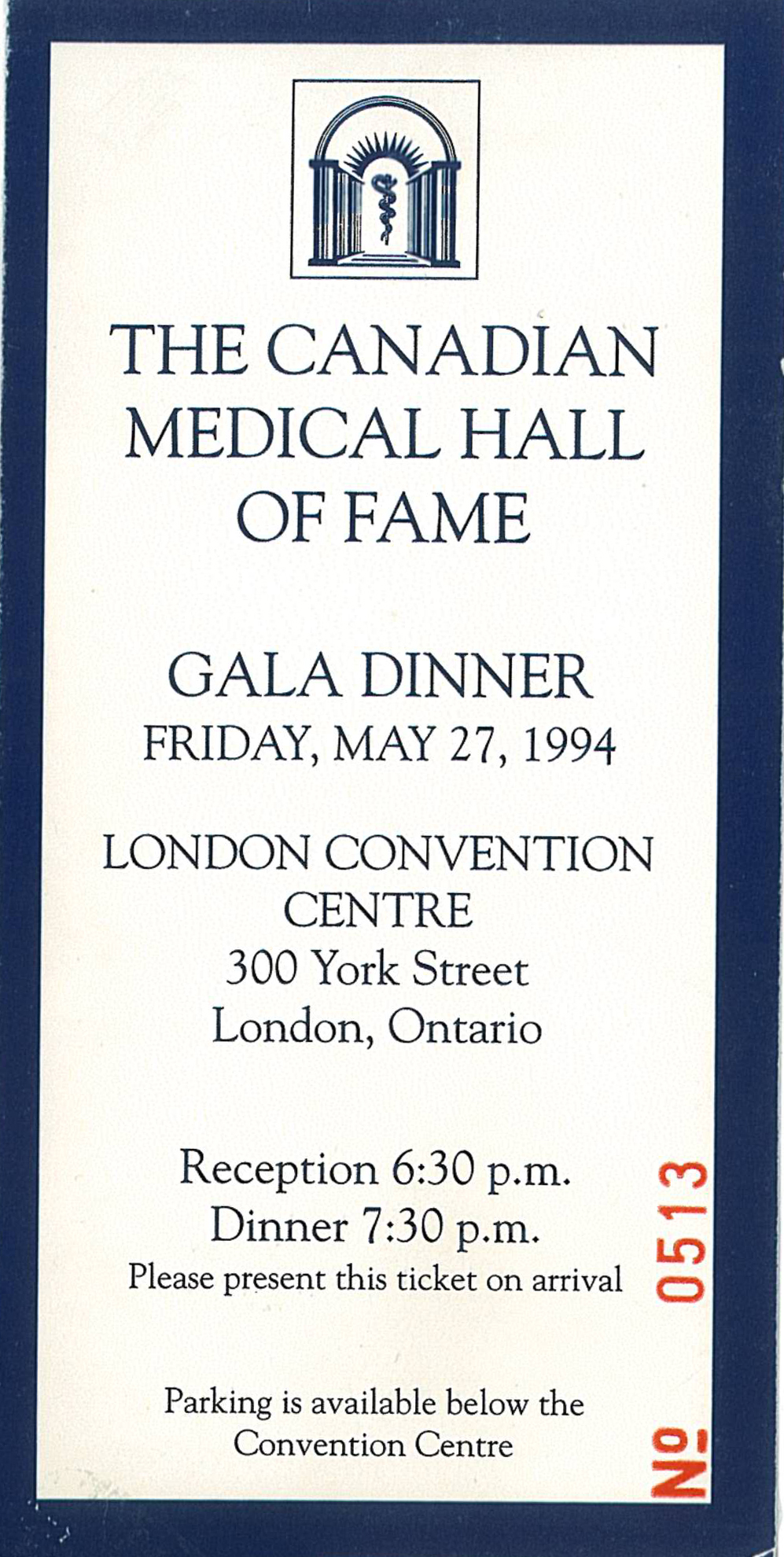
Jacques Genest inducted into the Canadian Medical Hall of Fame
London, Ontario
-
Dr. Genest and his team continued to study the role of sodium and water excretion by the kidney
Heart & Vessels, HormonesIn time, their insights contributed to new drugs for the treatment of hypertension and heart failure.
-
IRCM became home to the first centre of bioethics in Canada and the French-speaking world
Leadership in Organizational DevelopmentThe Pragmatic Health Ethics Research Unit of the IRCM continues to operate today.
-
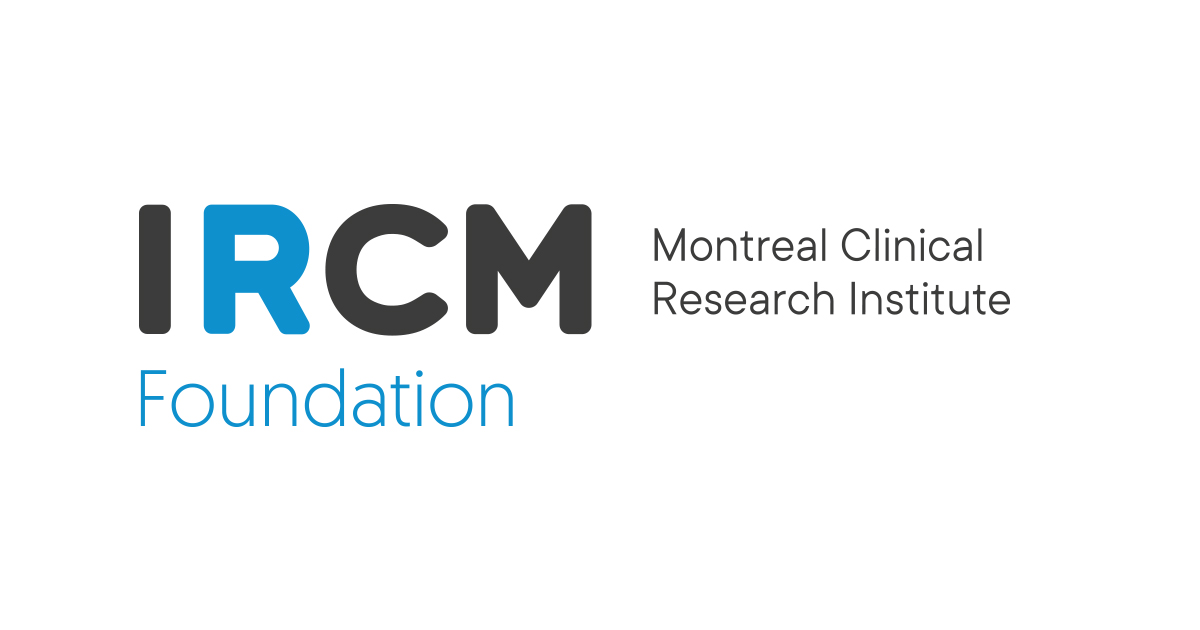
The Centre medical Claude-Bernard was established. Known today as the Institut de recherches cliniques de Montréal (IRCM) Dr. Genest served as its director until his retirement in 1984.
Leadership in Organizational DevelopmentThe IRCM became a major biomedical research institution and a training centre for both the University of Montreal and McGill.
-
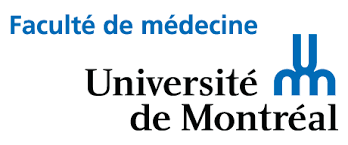
Dr. Genest became director of the Department of Medicine at the University of Montreal
Leadership in Organizational DevelopmentDuring this time, he also served as Chair of the Quebec Health Research Council and was awarded a grant of $3 million to construct his vision of a research institute.
-
As a builder of medical research capacity, Dr. Genest contributed to the founding of the Medical Research Council of Quebec
Leadership in Organizational DevelopmentShortly after, he became involved in the established of the Medical Research Council of Canada.
-
Dr. Jacques Genest made his first contribution to the study of hypertension. In a paper published in 'Science", he described the role of aldosterone in hypertension
HormonesBy 1960, the Genest group were the first to demonstrate that the hormone angiotensin II increased sodium and blood pressure.
-
Inspired by the multi-disciplinary approach of European research centres, Dr. Genest returned to Quebec and established his first laboratory at Hôtel-Dieu
Leadership in Organizational DevelopmentAs director, his objective was to bring together scientists and researchers from various fields while supporting the training and development of clinical researchers.
-

Completed his MD at the University of Montreal
Following post-doctoral work at Harvard in endocrinology, nephrology and internal medicine, he continued clinical research work at Johns Hopkins University and the Rockefeller Institute.
1942
Wherever he has been needed, Jacques Genest has gone.

